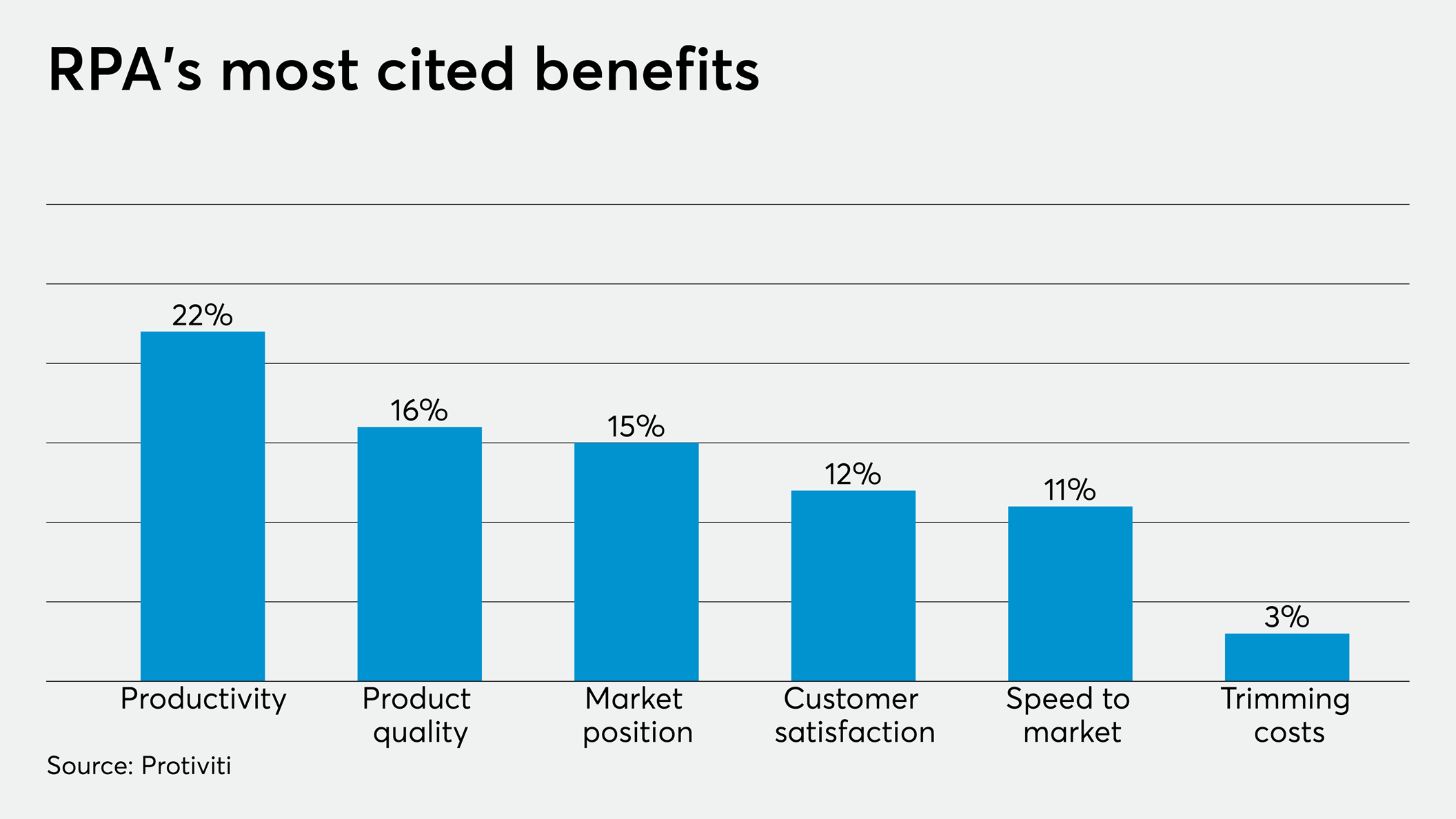
The phenomenon of robotization is a large and dynamic and has become more and more accentuated in the last years. As the business world tends to globalization and the Internet progresses information flows become very fluid. We are witnessing a rapid process of digitalization of the whole society and even “Dataism”.
RPA represents software integrated into the company’s existing IT infrastructure. It can be programmed to perform repetitive tasks, thus releasing employees from their burden. RPA can be used in sectors such as invoices or transactions processing, filling in various types of documents and forms, online or offline worksheets, reporting, creating and updating databases.
The results of the study can be useful to several categories of users. It applies equally to practitioners in the field of accounting and audit, RPA solution providers and academia. The paper is organized into four sections. Section 1 analyses the concept of RPA in general. Section 2 presents the research methodology and describes its design.
Rpa_auto1
Robotic Process Automation in Audit and Accounting
Robotic process automation comes to accounting
In his 2016 book Homo Deus: A Brief History of Tomorrow, Yuval Noah Harari argues that all competing political or social structures can be seen as data processing systems: “Dataism declares that the universe consists of data flows, and the value of any phenomenon or entity is determined by its contribution to data processing” and “we may interpret the entire human species as a single data processing system, with individual humans serving as its chips.”